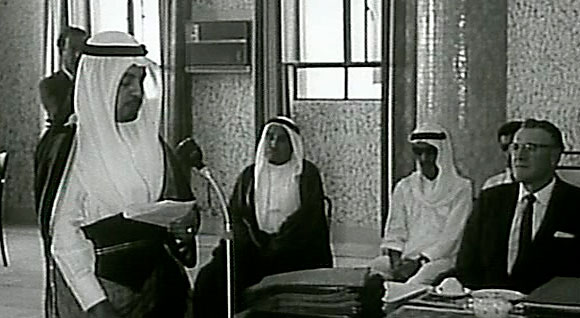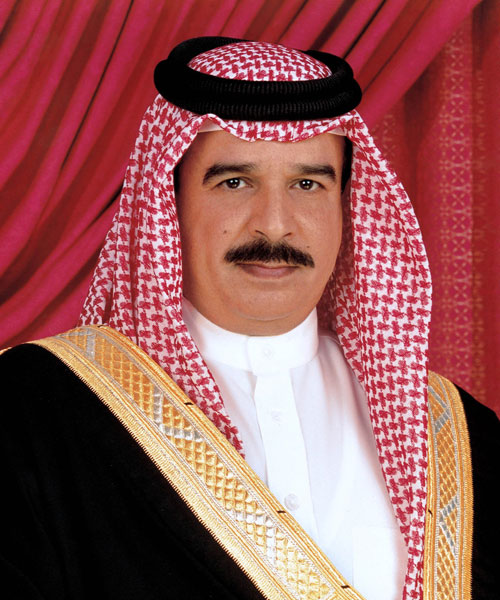Bahrain’s History: Making of the Constitutional Monarchy
Bahrain Top Stories
Bahrain’s History: Making of the Constitutional Monarchy
In 1970, Bahrainis voted overwhelmingly to become an independent state. In May The United Nations Security Council endorsed independence, which both Britain and Iran accepted. Bahrain became an independent state on August 5, 1971.

Bahrain’s History: Making of the Constitutional Monarchy
Bahrain’s Introduction
Bahrain is a tiny island state (barely 4 times larger than Washington, DC), located in the Persian Gulf, off the eastern coast of Saudi Arabia, and consisting of an archipelago of 36 islands.
Shi’ites naturally feel left out, and since they constitute 60-70% of the population
Its total land area of 760 km2 ranks it 188th in size—slightly larger than Singapore. Its population of 1,214,705 (2010) is also relatively small; it ranks 157th in population size. But in terms of its population density, it ranks very high: 10th —about 10% less dense than Malta, but 10% more dense than Bangladesh.
Brief History of Bahrain
The area of Bahrain was settled thousands of years ago, but the first mention of it in history is not until the time of Alexander the Great’s conquest of the Persian Empire in the 4th century BCE. After Alexander’s death, it once again came under Persian control from the 3rd century BC until the 6th century CE. Since the arrival of Islam in the 7th century CE, until the late 16th century, it was intermittently independent or ruled by Iranians. From 1521 until 1602, it was a Portuguese colony, and thereafter ruled for the next two centuries intermittently by Iranians and Omanis.
In 1783 the Bani Utbah tribes seized control of the Bahrain archipelago and have ruled it since. The Al Khalifa family became the rulers between 1797 and 1802. Threatened by the Ottoman Empire and Iranian claims, in 1820 the Al Khalifa family entered into a treaty with Great Britain by agreeing for Bahrain to become a British Protectorate in return for British protection and the recognition of the Al Khalifa as rulers of Bahrain.
However, Iranian influence continued to grow, and by 1830 Bahrain came under the suzerainty of Iran again until 1868 when it once again became a protectorate of the British. Despite the British, Iran continued to claim Bahrain as a part of Iran. In 1957, Iran declared Bahrain to be its 14th province.
In 1970, Bahrainis voted overwhelmingly to become an independent state. In May The United Nations Security Council endorsed independence, which both Britain and Iran accepted. Bahrain became an independent state on August 5, 1971.
Form of Government
Bahrain is a constitutional monarchy with a parliament consisting of two chambers but in which the King has sole executive power and appoints not only all ministers, but also the entire upper chamber of the legislative assembly.
Because the Al Khalifa family has ruled Bahrain for more than two centuries, it naturally appoints members of its clan to dependably run the government ministries as well as the major economic enterprises, in roughly the same manner as a political party appoints its members when it is in power.
Since the Al Khalifa are Sunni, Sunnis end up running the country. Shi’ites naturally feel left out, and since they constitute 60-70% of the population, they naturally feel that this is unfair, and that their solution is greater democratic representation.